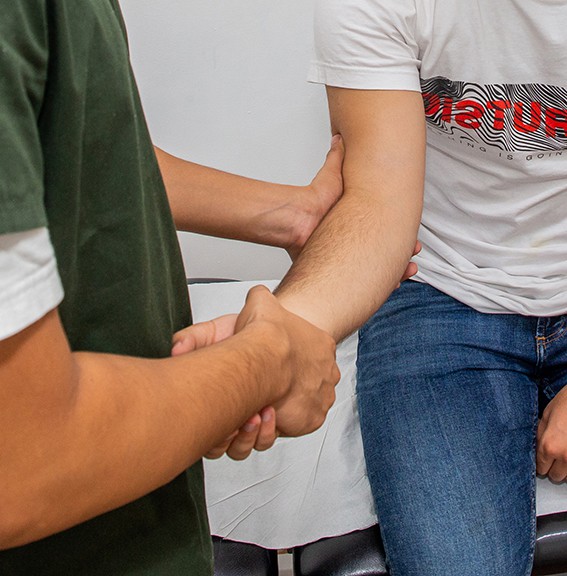Wrist braces can be effective components of a comprehensive treatment plan for
many
hand and wrist conditions, but they should not be relied upon as the sole
treatment.
Their effectiveness varies depending on the specific condition and individual
factors:
- Carpal Tunnel Syndrome: Research shows that night splinting
to
keep the wrist in a neutral position can be particularly effective for
reducing
nighttime symptoms and improving overall condition.
- Tendonitis and Tenosynovitis: Braces that limit specific
painful movements while allowing other motions can help reduce strain on
inflamed tendons while maintaining some function.
- Trigger Finger: Specialized splints that keep the affected
finger extended, particularly at night, can help prevent the finger from
locking
in a bent position.
- Arthritis: Supportive braces can provide stability to
affected
joints and redistribute forces to reduce pain during activities.
When prescribed appropriately, braces can:
- Rest overused structures by limiting certain movements
- Maintain optimal joint position to reduce pressure on nerves or tendons
- Provide support during activities that would otherwise be painful
- Prevent extreme positions during sleep or unconscious movements
- Serve as a reminder to be mindful of hand and wrist positions
However, braces work best when combined with appropriate exercises, ergonomic
adjustments, and addressing the underlying causes of your hand pain.
Overreliance on
braces without addressing these other factors can sometimes lead to muscle
weakness
or dependency. Our specialists can determine whether a brace would be beneficial
for
your specific condition, which type would be most appropriate, and how and when
it
should be worn.


